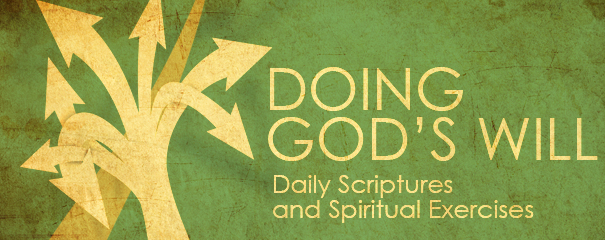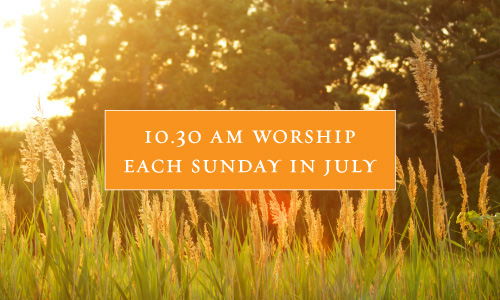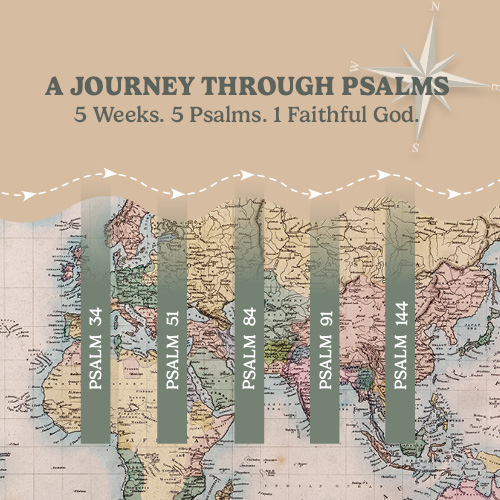Hit the Road!
by: Gerrit Dawson, Senior Pastor
How’s this for a planning a move:
“Grab the wife, stuff a suitcase, get in the car and drive out of town.”
“Where are we going?
“Just drive. I’ll tell you when we get there. By the way, it make take a few years.”
As crazy as that sounds, it happens all too often to parents who work in the corporate world. The company decides they need someone in another town, so they transfer your mom, or your dad, with no notice and no questions asked. Next thing you know, your whole life is on the move. It happens, too, when all of a sudden your folks announce you have to move because granddad can’t care for himself anymore. Or worst of all, your parents are splitting up and they can’t afford your home anymore. So your family and your house are being left behind. We can get yanked out of our lives with very little warning.
In of the wildest Bible stories, a man named Abram and his wife Sarai got sent packing far away from everything they knew and loved—by God! It was supposed to be part of being incredibly blessed. One day, the Lord suddenly spoke to Abram, “Go from your country and your kindred and your father’s house to the land that I will show you.” The couple had to pack up and leave immediately.
Years passed before Abram and Sarai were able to settle in the land they were promised, the land of Canaan, and even more time went by before the child promised to them, little Isaac, was born. But in the end, everything worked out and the people of God multiplied in order to be a blessing to the whole world. From Abram and Sarai came all the great heroes of faith: Moses, Miriam, David, Esther and even Jesus!
The keys to success in the long move were Abram’s faith and God’s faithfulness. The words we translate as “the land I will show you” can also be translated as “the land I will provide.” God provides. Abram believed God would provide even though it took years to get to a place called home and see all the promises come true.
He hung on through all the miles and all the changes. God was in control. God had sent him on this journey. God had promised to provide. So Abram journeyed on in faith that God would be as good as his word, even when it seemed that word had gone silent for a long time.
When you have to move, especially when it’s not your choice, Abram and Sarai can be your travelling companions. They tell us that no matter what strange lands we get sent to, God is still there while we journey, and God is there when we arrive. We cannot be lost from God’s care nor travel outside the circle of his love. It just can’t be done. And we cannot be separated from the promise of God to us in Jesus Christ. God has promised, “I will never leave you or forsake you” (Hebrews 13: 5). The Lord really does provide—not always the way we’d expect, but always the way we need.
That means all our moves and all our quiet days at home, all our journeys and all our routines, are adventures. For God is going to show up, and provide what we need. The adventure is discovering how God does it.
Next Day Stretch
Many of us have known what it’s like to have to go to a “foreign” place, whether we’re moving permanently or just travelling. Take a moment to consider what difference it makes whether you’re going alone or with someone. Consider what difference it makes when you arrive in a strange place if you’re with someone who knows where you are like the back of your hand. Psalm 139: 9,10 says “If I take the wings of the morning and settle at the farthest limits of the sea, even there your hand shall lead me, and your right hand will shall hold me fast.” In your prayers today, invite God into all the strange and difficult places you must go. Remind the Lord of the promise made to Abram, “The Lord will provide.”




 Close
Close













